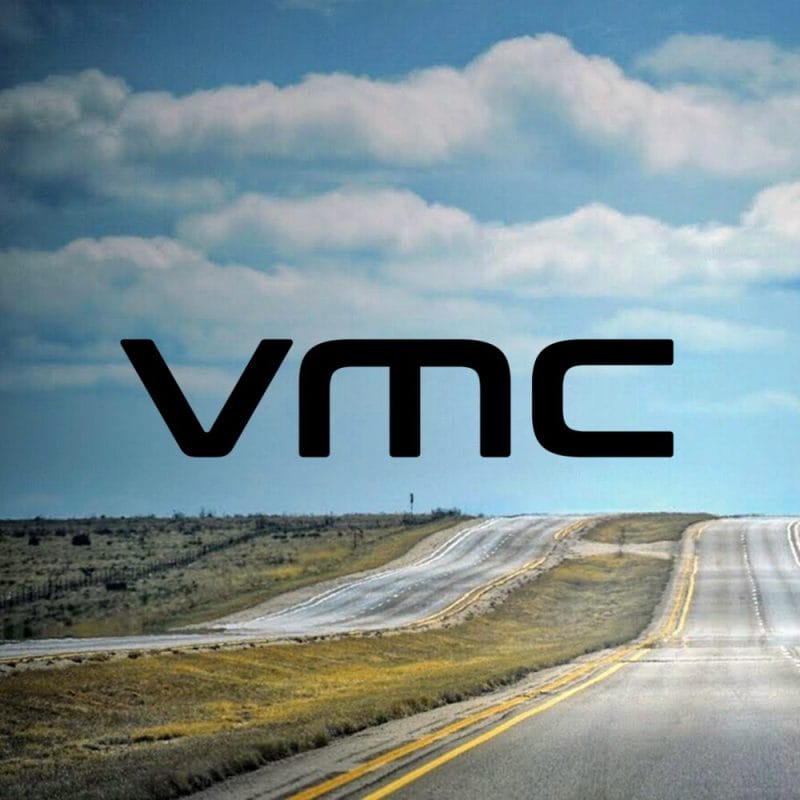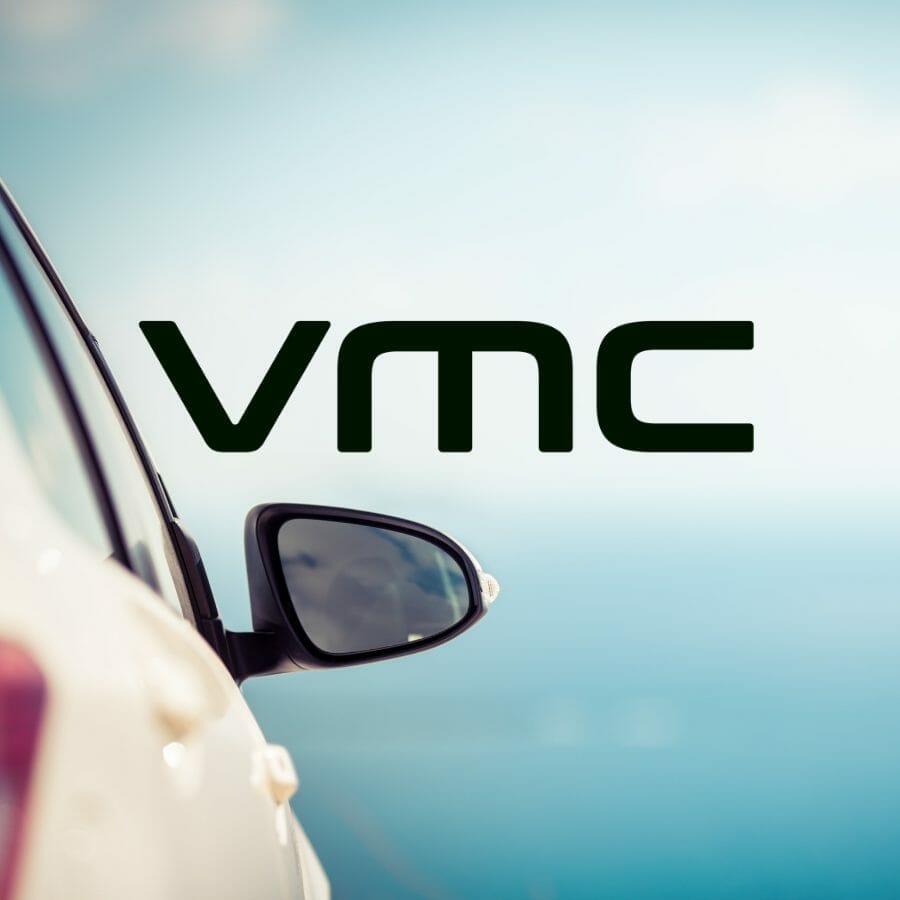A Green Future
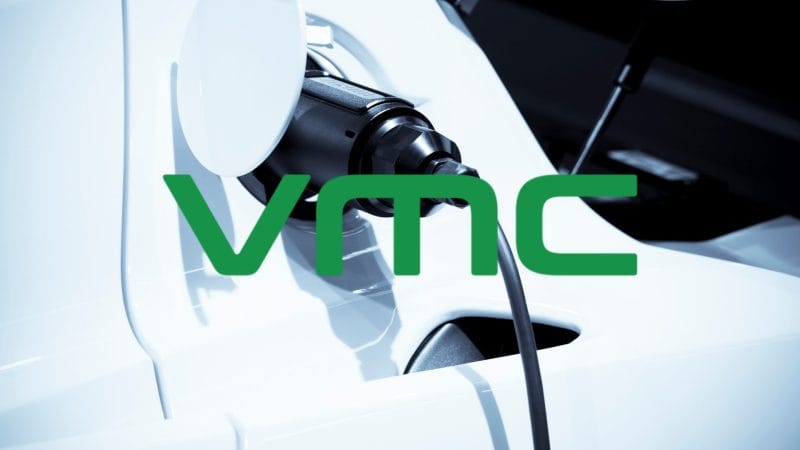
- $86.532M Market Capitalization
Vicinity Motors Corp. (VMC.V) announced today that it has entered into a Master Goods and Service Agreement with Sustainability Partners LLC. For context, Sustainability Partners is an Environmental, Social, and Governance (ESG) focused company. The company is committed to eliminating deferred maintenance infrastructure by enabling sustainability. There are a few terms to cover here so let’s get to it.
“Vicinity products are a great addition to our EVaaS program as our customers increasingly look for electrified options to meet their sustainability and ESG goals…We believe Vicinity’s product line has the diverse and compelling range of EV options they require – all from a widely-respected leader in the expanding EV market,” said Thomas Cain, CEO & Founder of Sustainability Partners.
Put simply, a Master Goods and Service Agreement (MSA) refers to a contract between two or more parties. This agreement establishes what terms and conditions will govern all current and future activities. Some of the agreements associated with an MSA include purchase orders, pricing variations, and ownership, to name just a few.
With this in mind, Vicinity’s MSA will enable the Company to utilize Sustainability Partners’ Electric Vehicle as a Service™ (EVaaS) program to finance the conversion of traditional government fleets to Vicinity’s electric vehicles. As previously mentioned, Sustainability Partners is an ESG-focused company, but what does that actually mean?
Electric Vehicles as a Service™
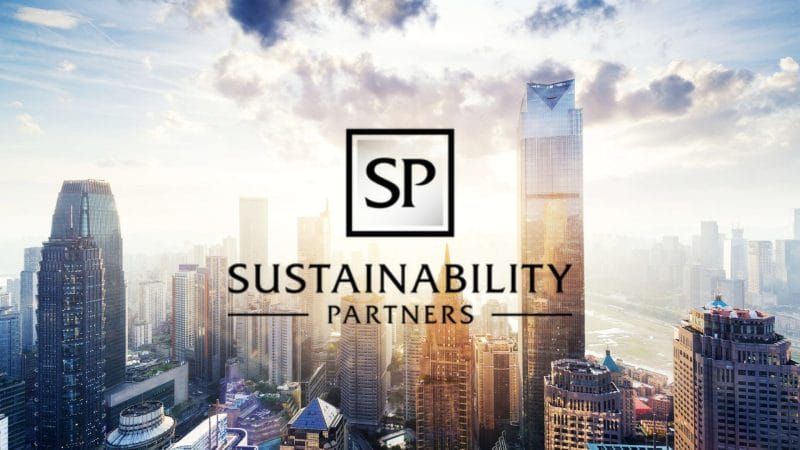
ESG refers to a method of corporate governance whereby companies work towards the betterment of the environmental, social, and governance criteria. For example, an ESG company may pledge to reduce its carbon emissions or create green energy initiatives. The same company may also establish sexual harassment policies and promote employee gender and diversity.
With this in mind, ESG companies are appealing to younger investors characterized by their desire to protect the environment and stand behind social issues. Referring back to Sustainability Partners, the company’s projects focus primarily on energy efficiency, water stewardship and conservation, and decreased pollution. Check out the company’s full ESG commitments here.
As alluded to earlier, Sustainability Partners offers EVaaS, a month-to-month use-based service offering an alternative to the traditional purchase of government fleets. The company’s EVaaS business model involves paying to convert government fleets to EVaaS in a manner that “protects the institutions, public servants, and taxpayers.” The company’s clients include:
- Municipalities
- Universities
- K-12 Schools
- Hospitals
- Water/Rail/Power Districts
- Ports
- HOAs (Homeowners Associations)
Governments Going Green
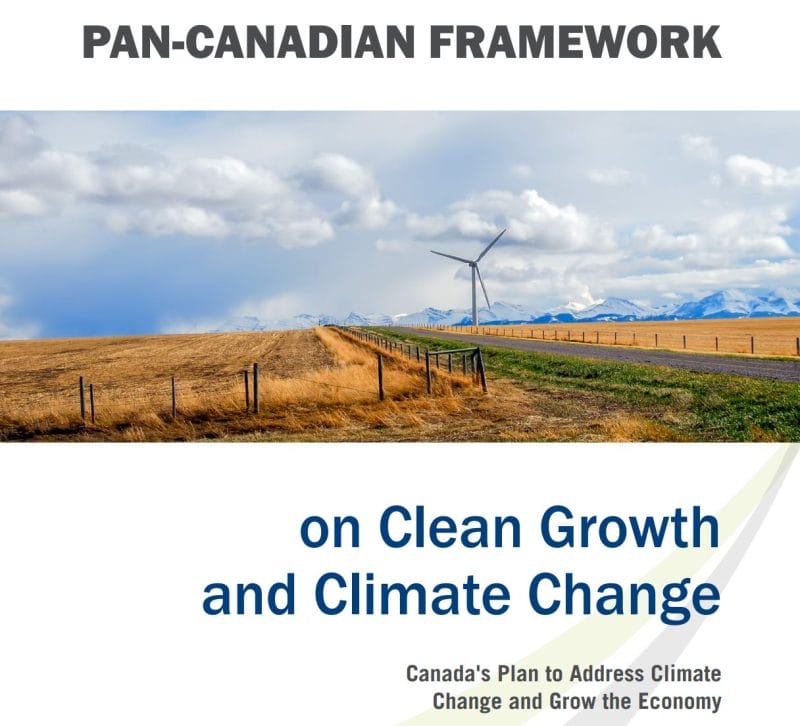
So, why is this important? Well, the electrification of government fleets isn’t a passing fad. In fact, it’s a very real concept that is only going to accelerate with time. Don’t believe me? In December 2016, Canada’s First Ministers endorsed the Pan-Canadian Framework on Clean Growth and Climate Change (PCF). This plan is intended to support Canada’s target of reducing emissions by 30% from 2005 levels by 2030.
The framework itself involves reducing emissions from the transportation sector through improved efficiency, greater electrification, fuel switching, and the development of a clean fuel standard. In the United States (US), there are roughly 645,000 vehicles in the federal fleet, most of which are passenger vehicles.
With this in mind, on January 27, 2021, President Biden signed an executive order directing federal officials to create a plan for converting all federal, state, local, and tribal fleets to clean, zero-emissions vehicles. At this point, I don’t think you need me to tell you that this is music to the ears of electric vehicle (EV) companies like Vicinity.
Vicinity Partnership
Referring back to Vicinity’s latest news, under the terms of the agreement, Sustainability Partners will engage Vicinity as an independent contractor to purchase its portfolio of EVs, including Vicinity’s Lightning™ buses, VMC Optimal vehicles, and VMC Class 3 electric trucks for government and corporate fleets via the EVaaS program.
“The EVaaS program enables institutions and private industry to modernize their fleets while benefitting from high-performance, cost-effective Vicinity electric vehicles. SP is a clear alternative to traditional purchase or public works procurement with financing, bonding, PPPs, leasing, EPCs, and Shared Savings arrangements,” said William Trainer, Founder and Chief Executive Officer of Vicinity Motor Corp.
Sustainability Partners will pay for 100% of the purchase price while also ensuring that vehicles are maintained. Vicinity’s latest news comes shortly after the Company announced its Q1 2022 Financial Results. According to Vicinity’s results, the Company had cash and cash equivalents of $11.0 million as of March 31, 2022, compared to $4.4 million on December 31, 2021.
The Company’s revenue decreased to $3.2 million in Q1 2022, compared to $21.5 million in the same year-ago quarter. Vicinity attributes this decrease to a difference in the volume of deliveries. In Q1 2022, the Company delivered six vehicles compared to 67 vehicles in the same year-ago quarter. Check out Vicinity’s press release for more information.
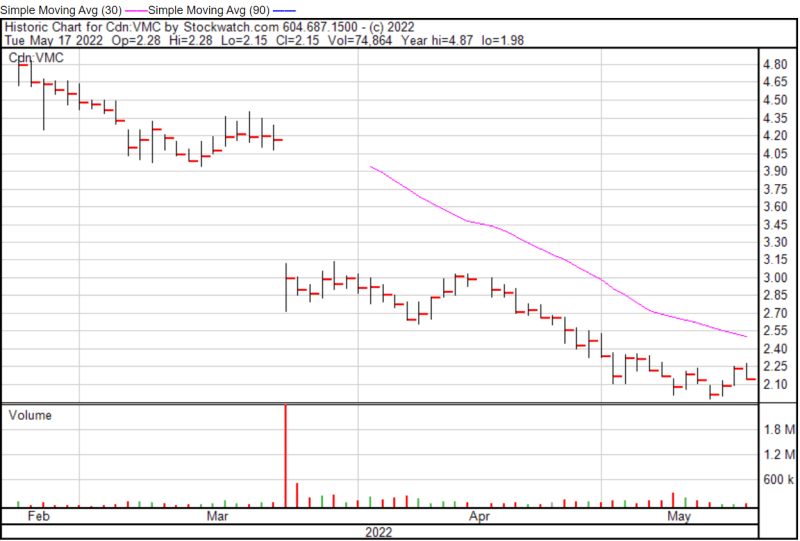
Vicinity’s share price opened at $2.28 today, up from a previous close of $2.24. The Company’s shares were down -3.12% and were trading at $2.17 as of 12:32 PM EST.



